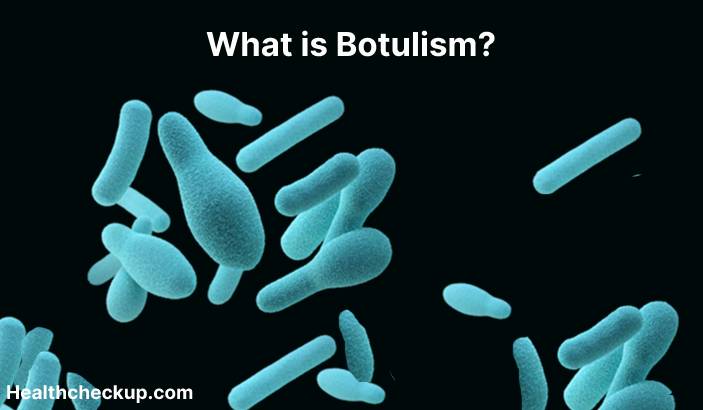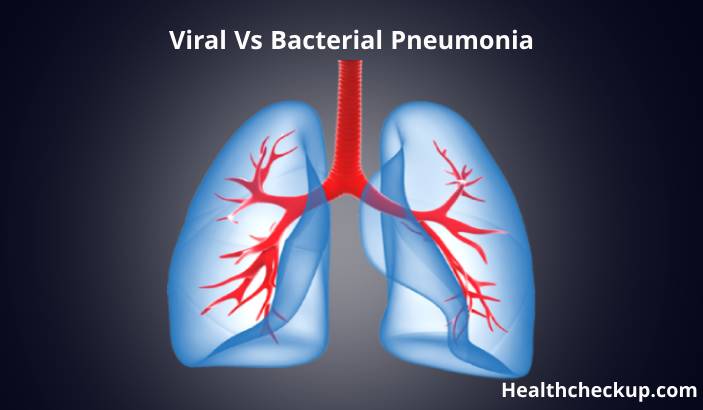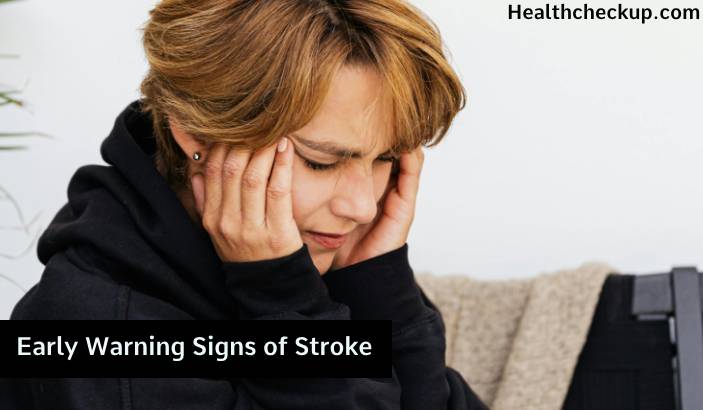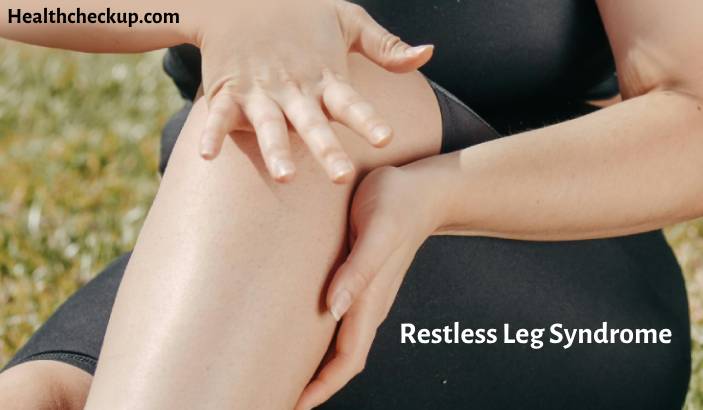Botulism is a rare, potentially life-threatening illness caused by the bacterium Clostridium botulinum. The bacterium produces a neurotoxin called botulinum toxin, which can cause paralysis and other serious symptoms. In this article, we will explore the types, symptoms, diagnosis, and treatment options for botulism.
Types of Botulism
There are four main types of botulism:
- Foodborne botulism: This type of botulism is caused by consuming food contaminated with the botulinum toxin. The toxin is produced by the bacterium Clostridium botulinum, which is found in soil and can grow in certain types of food, such as low-acid canned foods, under certain conditions.
- Infant botulism: This type of botulism is caused by the ingestion of the bacterium Clostridium botulinum spores, which can grow and produce the toxin in the intestine of infants. Infant botulism can occur in babies up to one year of age.
- Wound botulism: This type of botulism is caused by the bacterium Clostridium botulinum growing and producing the toxin in a wound or other skin infection.
- Adult intestinal colonization botulism: This type of botulism is similar to infant botulism and is caused by the bacterium Clostridium botulinum growing and producing the toxin in the intestine. It can occur in adults with certain conditions, such as inflammatory bowel disease or a compromised immune system.
Symptoms of Botulism
Symptoms of botulism can range from mild to severe and may include:
- Double vision
- Blurred vision
- Dry mouth
- Difficulty swallowing
- Slurred speech
- Weakness in the muscles of the face, neck, and limbs
- Difficulty breathing
- Constipation
Symptoms may appear within a few hours to a few days after exposure to the toxin, depending on the type of botulism. In severe cases, botulism can cause paralysis, which can be life-threatening.
Diagnosis of Botulism
Botulism is diagnosed through a combination of physical examination, medical history, and laboratory tests. A healthcare provider may ask about the person’s symptoms, recent food consumption, and any recent wound or skin infections. Laboratory tests, such as a blood test or stool sample, may be used to confirm the diagnosis.
Treatment of Botulism
Treatment for botulism typically involves an antitoxin, which can help to neutralize the toxin and prevent further paralysis. In severe cases, mechanical ventilation may be necessary to help with breathing.









